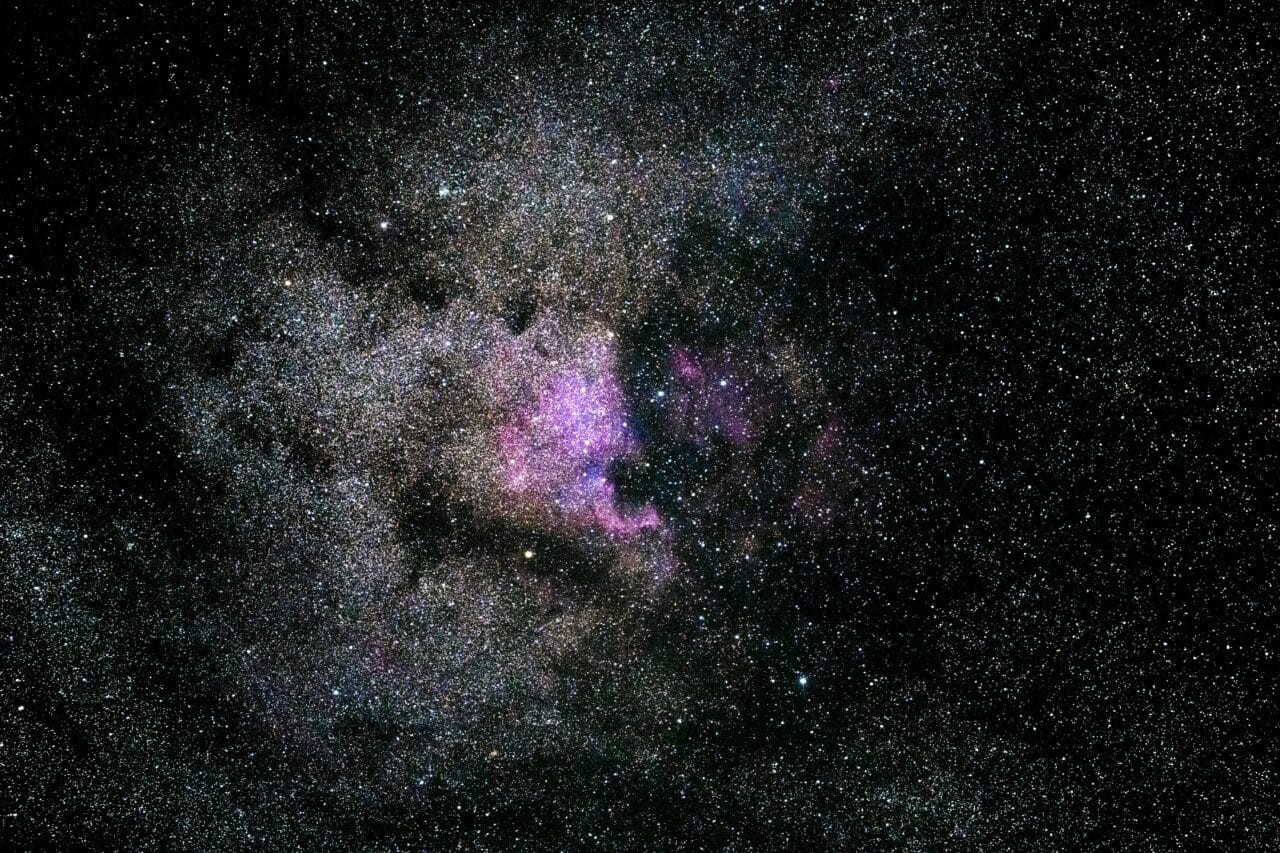
The science fiction genre not only has the ability to entertain, but to provoke thought as well. One of the reasons why I love science fiction so much is its ability to get people to think about different future scenarios.
Science fiction authors often explore societal issues, technological advancements, and the bounds of our own imagination. Because it is so forward thinking, sci-fi books often remain relevant long after they were originally written.
Today, I am going to share with you my pick of the top 5 must-read classic sci fi books.
5 Classic Science Fiction Books You Have To Read
Frankenstein by Mary Shelly, 1818
Themes: Ethical boundaries of science, isolation, consequences of ambition
Obviously, most people have heard of Frankenstein and know about the story. However, if you haven’t gotten a chance to actually read the book, I would definitely recommend it.
People often refer to “Frankenstein” as the first true science fiction novel. In the book, Victor Frankenstein creates a grotesque but sentient monster in a science experiment.
Shelley’s novel explores the line between genius and hubris, as well as the ethics and morality of scientific advancements.
Why you should read it: This novel is a foundational piece of science fiction that offers profound commentary on the potential horrors of playing god.
Brave New World by Aldous Huxley, 1932
Themes: Dystopian future, loss of individuality, the impact of technology on society
Brave New World is set in a seemingly perfect global society. However, happiness is created artificially with strict social conditioning.
In this dystopian future, people are born into predestined roles. Huxley’s work offers an examination of the pursuit of happiness. It asks: What happens when we sacrifice freedom and emotion for societal stability and peace?
Why you should read it: This book is a chilling exploration of the potential consequences of our reliance on technology and the loss of individual freedom in the face of societal “progress.”
A Canticle for Leibowitz Walter M. Miller Jr., 1959
Themes: Cyclical nature of history, faith vs. science, survival in post-apocalyptic world
This post-apocalyptic novel spans thousands of years, following the monks of the Albertian Order of Leibowitz. These monks are on a mission to preserve what remains of scientific knowledge after a devastating nuclear war.
Why you should read it: It’s a compelling meditation on the resilience of knowledge and faith in the face of catastrophic despair, offering hope for renewal.
Dune by Frank Herbert, 1965
Themes: Power and politics, environmentalism, hero’s journey
On the desert planet of Arrakis, young Paul Atreides comes to terms with his destiny as the prophesied messiah of a fiercely independent people. “Dune” is an epic tale of family, politics, and power. This story is set against the backdrop of the planet’s struggle for the valuable spice Melange, essential for space travel.
Why you should read it: Herbert’s intricate world-building and the ecological and political themes make “Dune” a grand narrative. The novel explores the complexity of power and environmental stewardship.
The Left Hand of Darkness by Ursula K Le Guin, 1969
Themes: Gender and sexuality, cultural relativism, friendship and loyalty
Set on the planet of Gethen, inhabitants of this world choose and change their gender. Through the eyes of an off-world diplomat, Le Guin explores themes of gender fluidity and the challenges of bridging cultural divides.
Why you should read it: Le Guin’s novel is a deep dive into the complexities of gender and culture, offering a vision of a world that challenges our understanding of relationships.
Check out Jody Royer’s blog for more book reviews and recommendations.

Leave a Reply